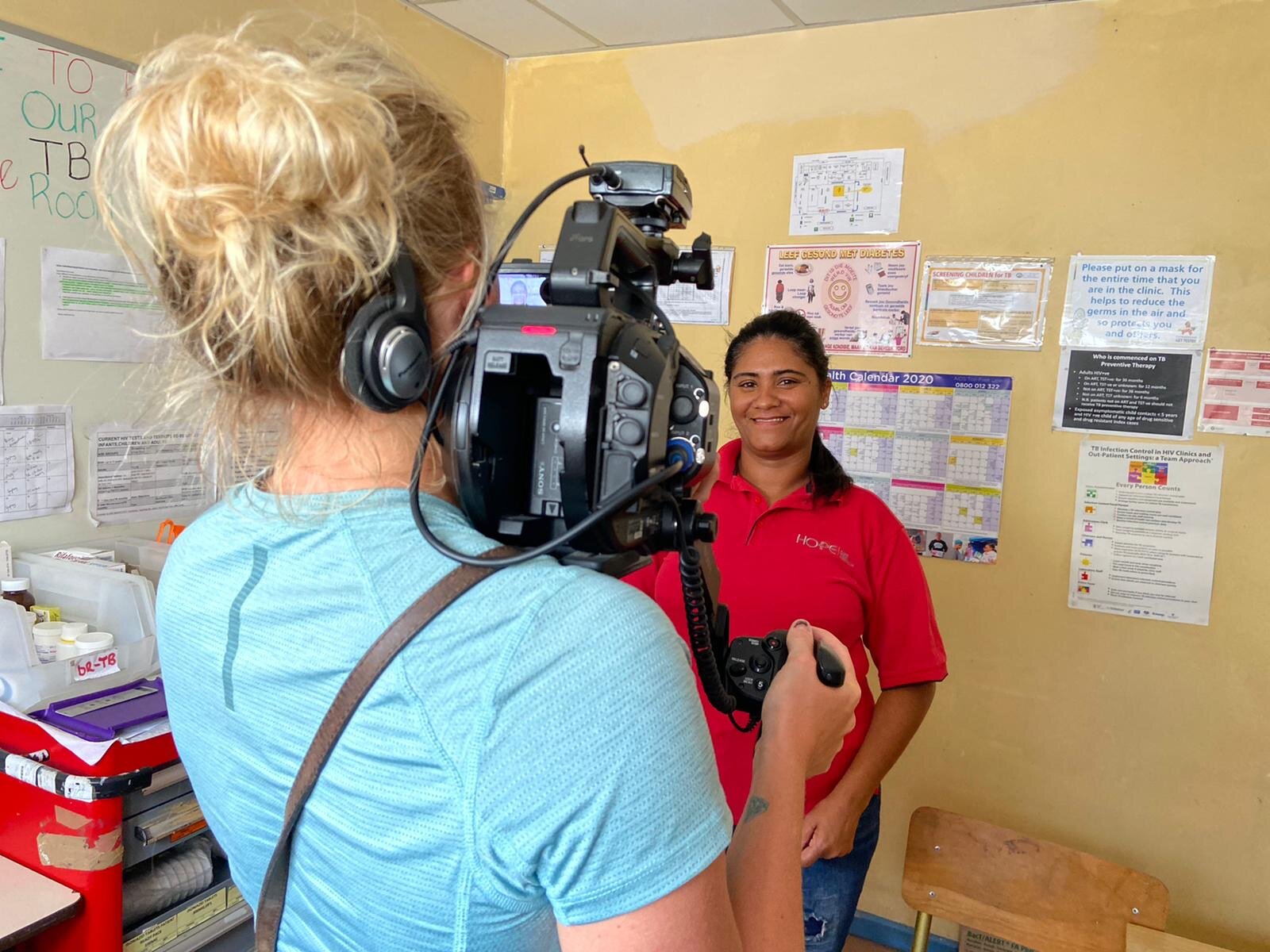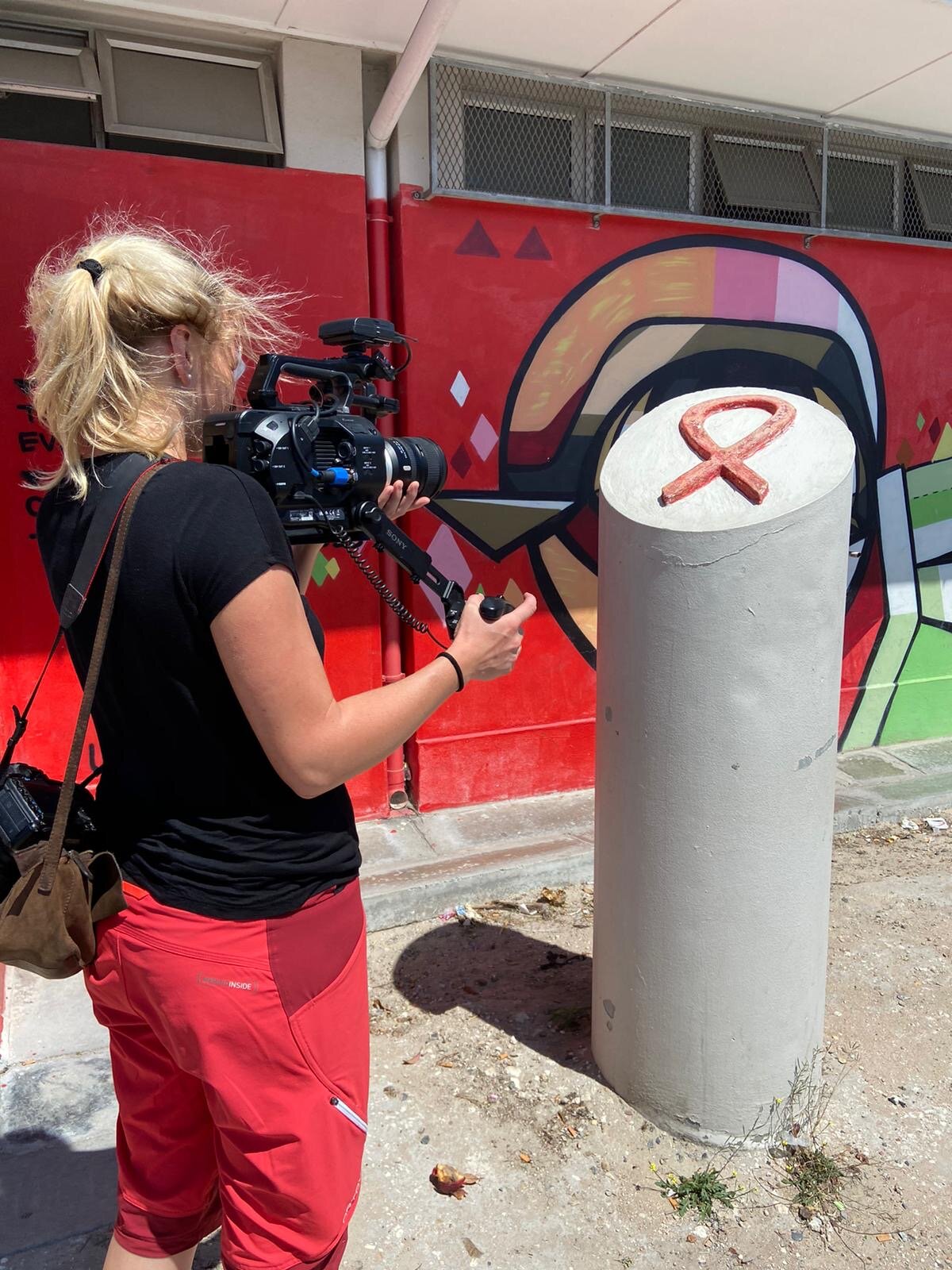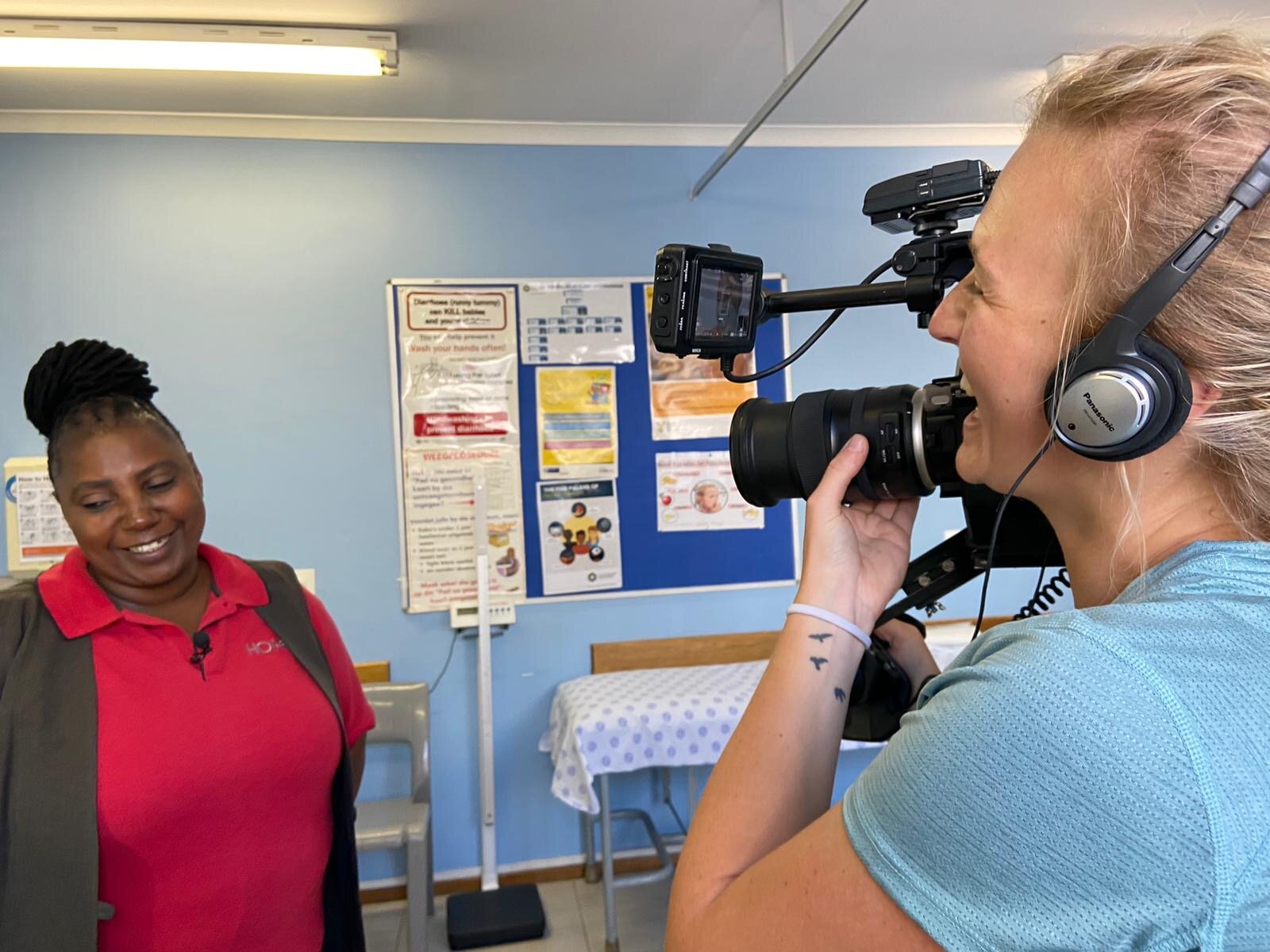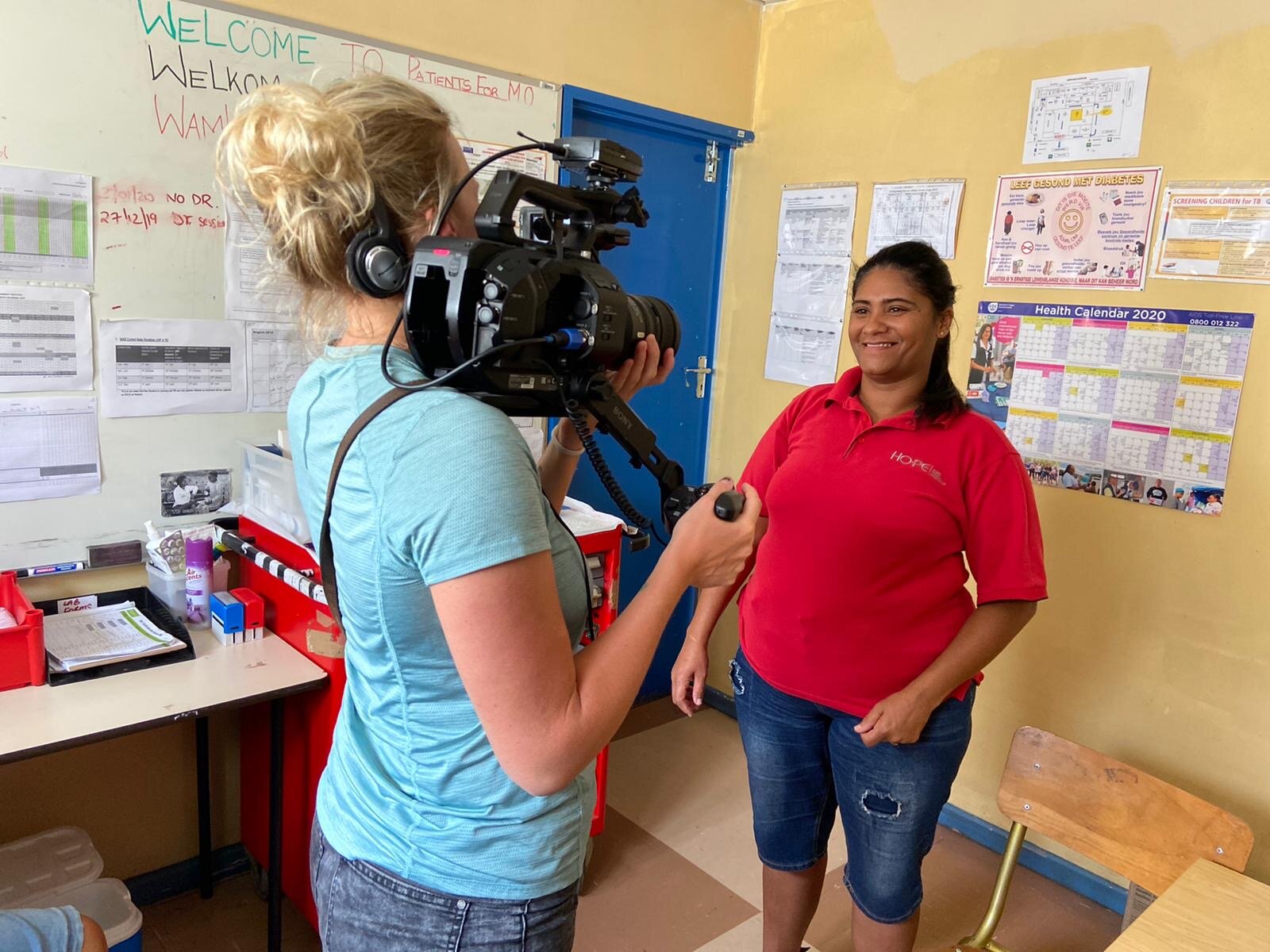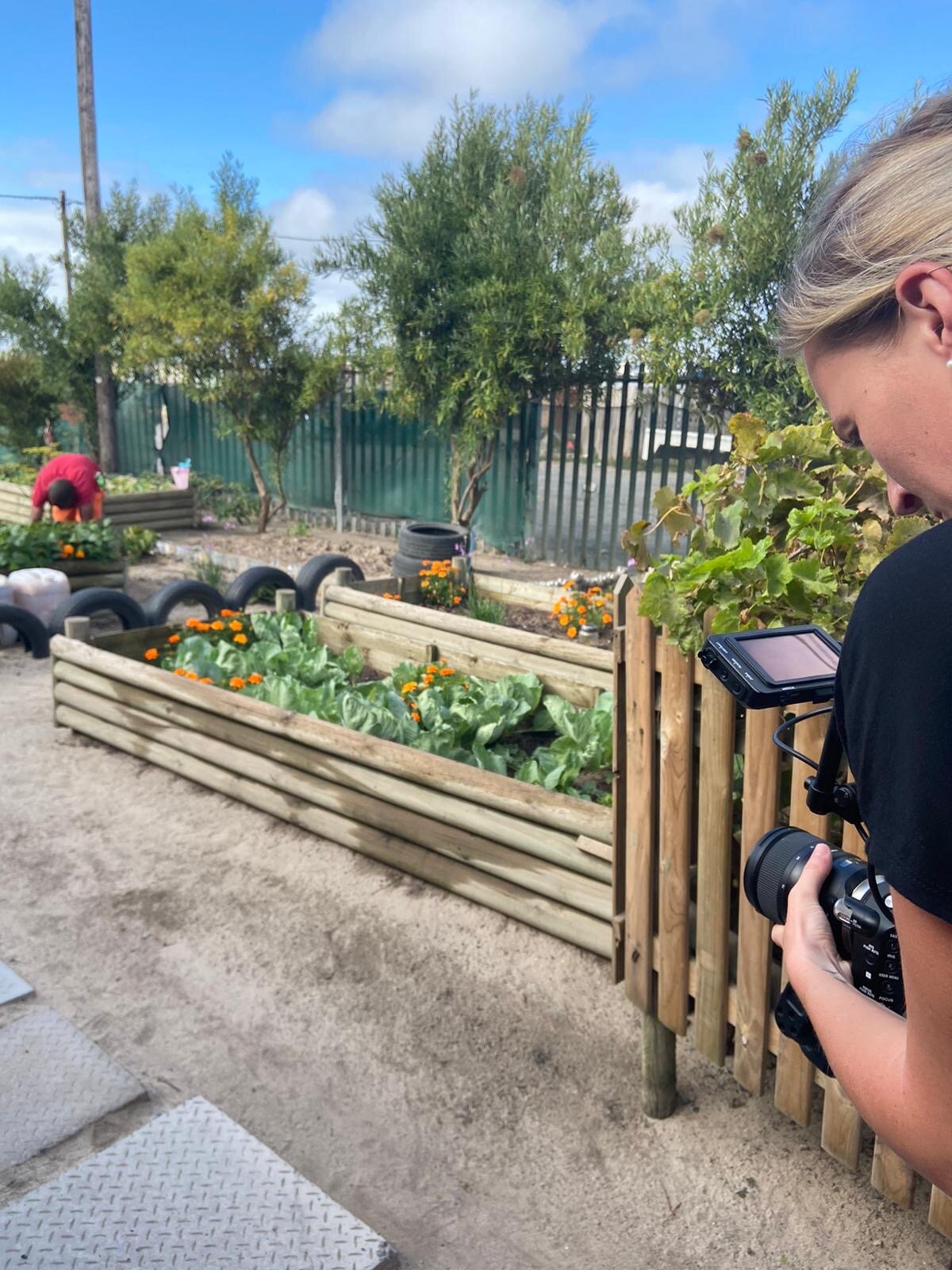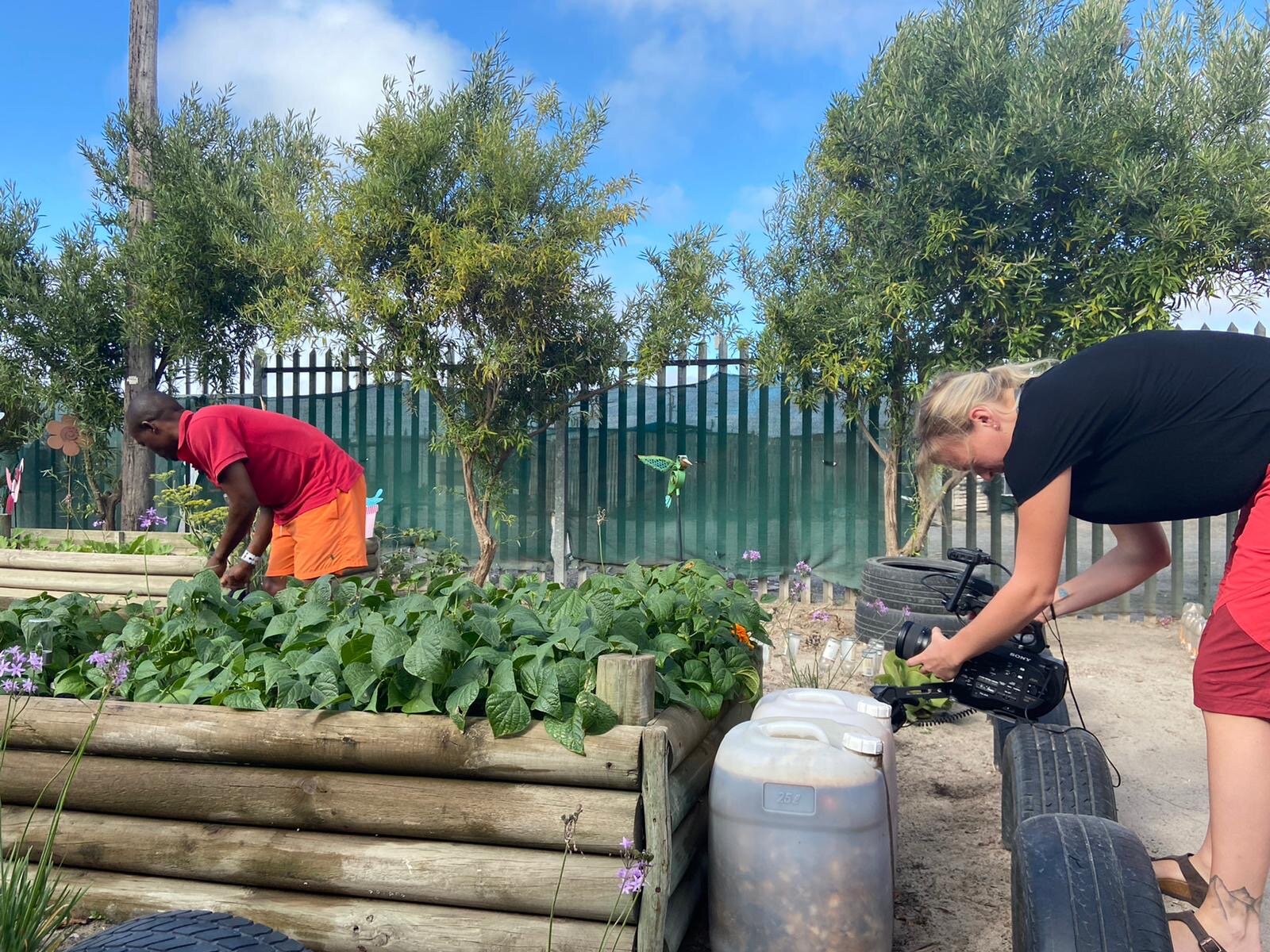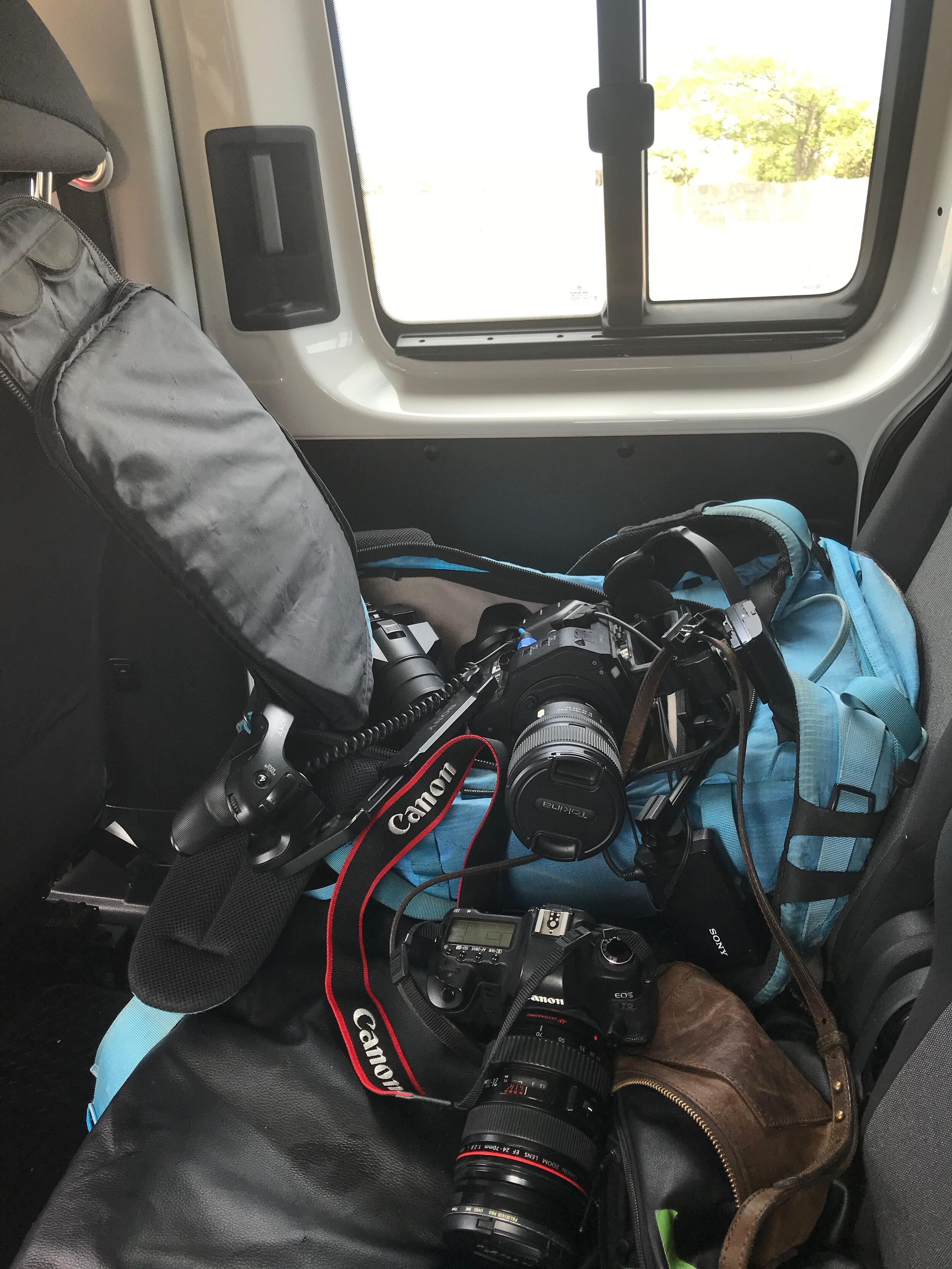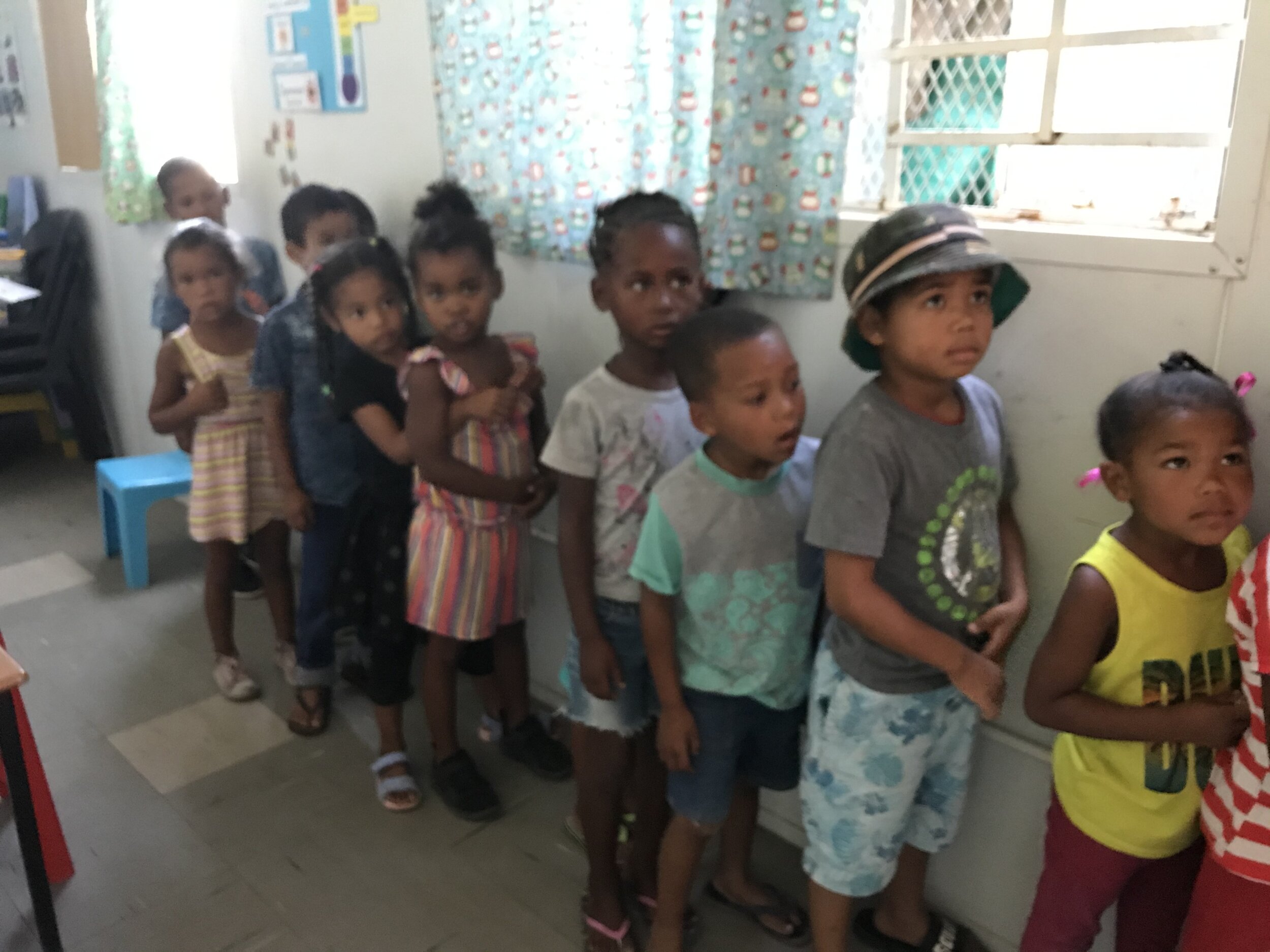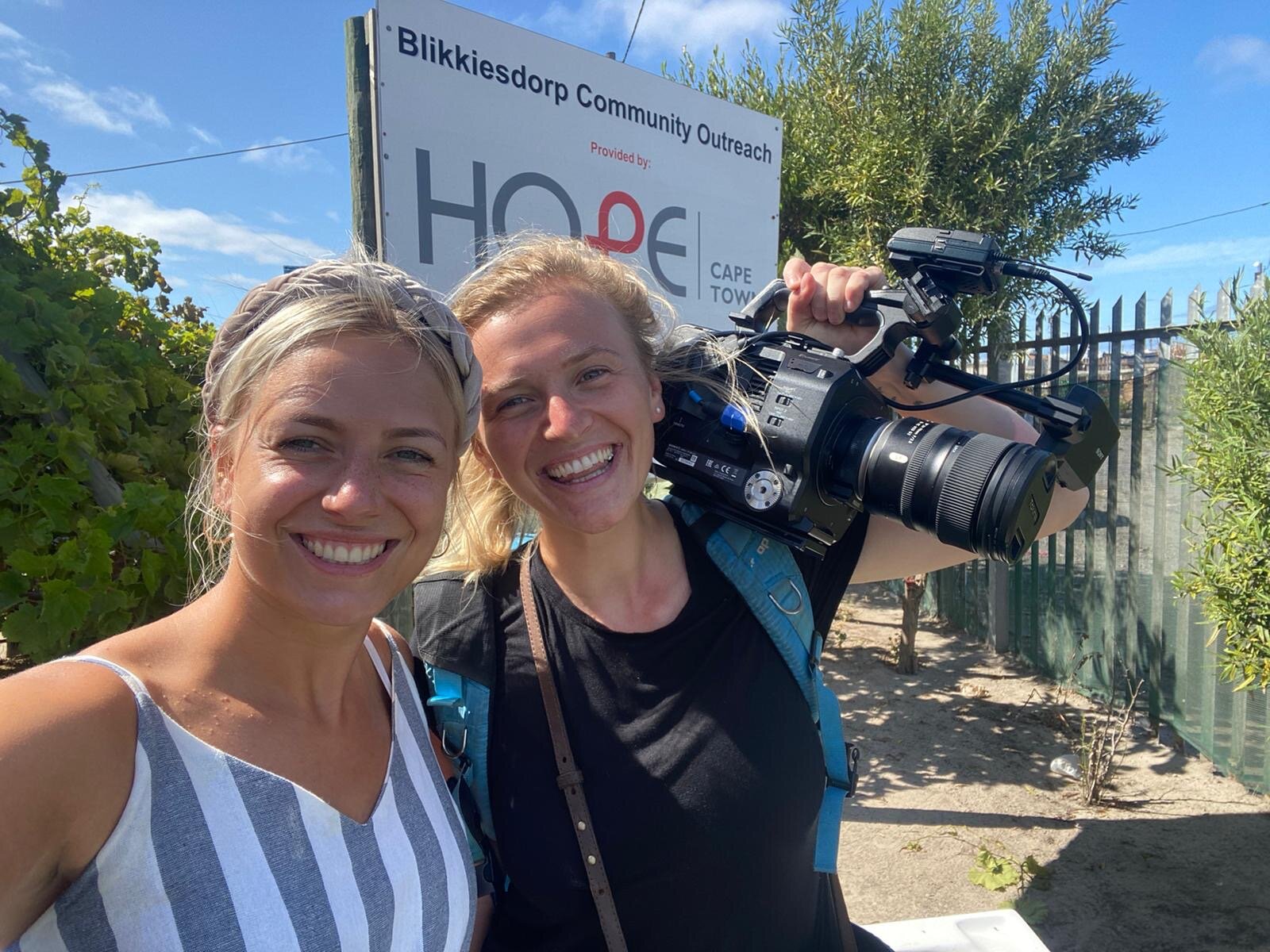2019-2020
Hope shapes future
HOPE CAPE TOWN
(HIV - Outreach - Prevention - Education)
During winter 2020 I got the chance to cover the work of HOPE Cape town, a children and AIDS organisation based in the mother city in South Africa. Our photo and film work included portraying 25 of their community health workers in various hospitals of Cape Towns townships, as well as documenting life in HOPES community outreach centre for children in Blikkiesdorp.
Client HOPE Cape Town
Output 25 video portraits & photography
Interviewer Lisa Siewert
Camera & Edit Julia Brunner
Most of the children in Blikkiesdorp are vitamin-deficient. They may not all lack food altogether, but they lack nutritious food. Anastacia, HOPES kitchen queen, lives in Blikkiesdorp herself. During the day she takes care that the kids get enough vegetables and fruits, preparing fresh breakfast and lunch every day.
HOPE employs 25 community health workers, working in 20 low-income communities where they live. The men and women are being educated to give advice for HIV, AIDS and tuberculosis patients, counselling, testing and treatment with focus on paediatric patients.
Our 25 portraits show the various tasks of HOPEs community health workers such as tuberculosis testing and treatment, child care services, nutrition, male circumcision, sexually transmitted infections and child development groups.
The A ten-minute car drive separates the “Cape Flats”, a low-lying area just behind Table Mountain, from the north of Cape Town. This large area is rich in political history, as most of the families involved in forced removals during the apartheid era were relocated here. The townships are direct consequences of racism, when the South African government began segregating different races in order to establish “whites-only” areas of major cities, including Cape Town. Today, it’s estimated that about 2.5 million people still stay in the townships of the Cape Flats.
I’ve always been very interested in the African culture and history, so during my researches in summer 2019 for potential organizations and media projects, I found HOPE Cape Town. Founded in 2001, the Non-Profit-Organization is known to improve the quality of life of children and their families affected by HIV and other social challenges. Soon after my arrival in December 2019 I learned that these social challenges differ quite a lot to those we know back in Europe. I was overwhelmed.
The weak criminal justice system in the townships of Cape Town is only one cause for the violence going on there. Murder, rape, robbery, domestic violence happen on the daily basis, while the police are not winning this war against gang-related crime. People rely on self-justice – which basically means community action against the perpetrators. They often don’t bother to report their problems with crime to the police anymore and penalize the criminal themselves. And as so often – the weakest are in between, the children, suffering from the consequences of becoming orphans or living under poor circumstances with little hope for a better future. Most of the kids don’t have a birth certificate or an ID, which makes it impossible to get access to education.
While people from the urban population of Cape Town suggested me to never drive ‘there, in the townships’ with my own car all by myself, because they’ve “heard stories”. But my colleagues from the organization told me to just lock the car when driving and strictly avoid certain areas, driving straight to the centre. I decided to follow the advice from the organization and drove there. And clearly – moving in the townships is more than merely driving past them on the highway. It’s coming close to harsh realities, it’s my very fast beating heart, it’s smiling people and kids playing on dusty streets. It’s shootings next to the road, it’s being scared and feeling exposed. It’s tears of sadness and tears of happiness, exploding emotions, experience and fascination. It’s discovering many grey tones between black and white: Because after all, life between tin shacks and paper houses is a lot more complex than one could think.
During the time I worked for HOPE I got to know a German journalist, Lisa, who also worked in Blikkiesdorp. Together we produced 25 portraits about the HOPE community health workers in different township hospitals. For three months we drove through the whole area of the “Cape Flats”, with Pauline as our producer and guide.
Often we definitely felt like alienish objects in the crowded clinics – white skin, blonde hair - and me carrying a big film camera on the shoulders. Sometimes I felt embarrassed and scared, when people talked about closing public hospitals because of shootings and crime. Other times I was happy to witness a big range of new medical offers that the doctors and nurses could provide. We walked through crowded hospitals full of coughing people and crying kids, who were waiting in big rooms for their turn. As it was a normal thing for Pauline to not wear a mask, we weren’t told to protect ourselves with a face mask, and at this time back in January 2020, wearing masks was not a normal thing to do. Little did we know that we were moving through high infectious tuberculosis departments. Fortunately, nothing ever happened.
BEHIND THE MASKS WE ARE ALL THE SAME
For us, the time in the clinics were both tragically sad and heartwarming at the same time. HOPEs community health workers keep wearing big smiles and cheering up their patients - despite a rough environment and emotional stories of unemployment, illness and crime.
However, the Blikkiesdorp kids find a safe place in HOPES community centre - only a few metres away from their homes, that are separated through high fences and security guards. It’s a green oasis of joy, education and a normal childhood - amidst a life where hope seems lost.
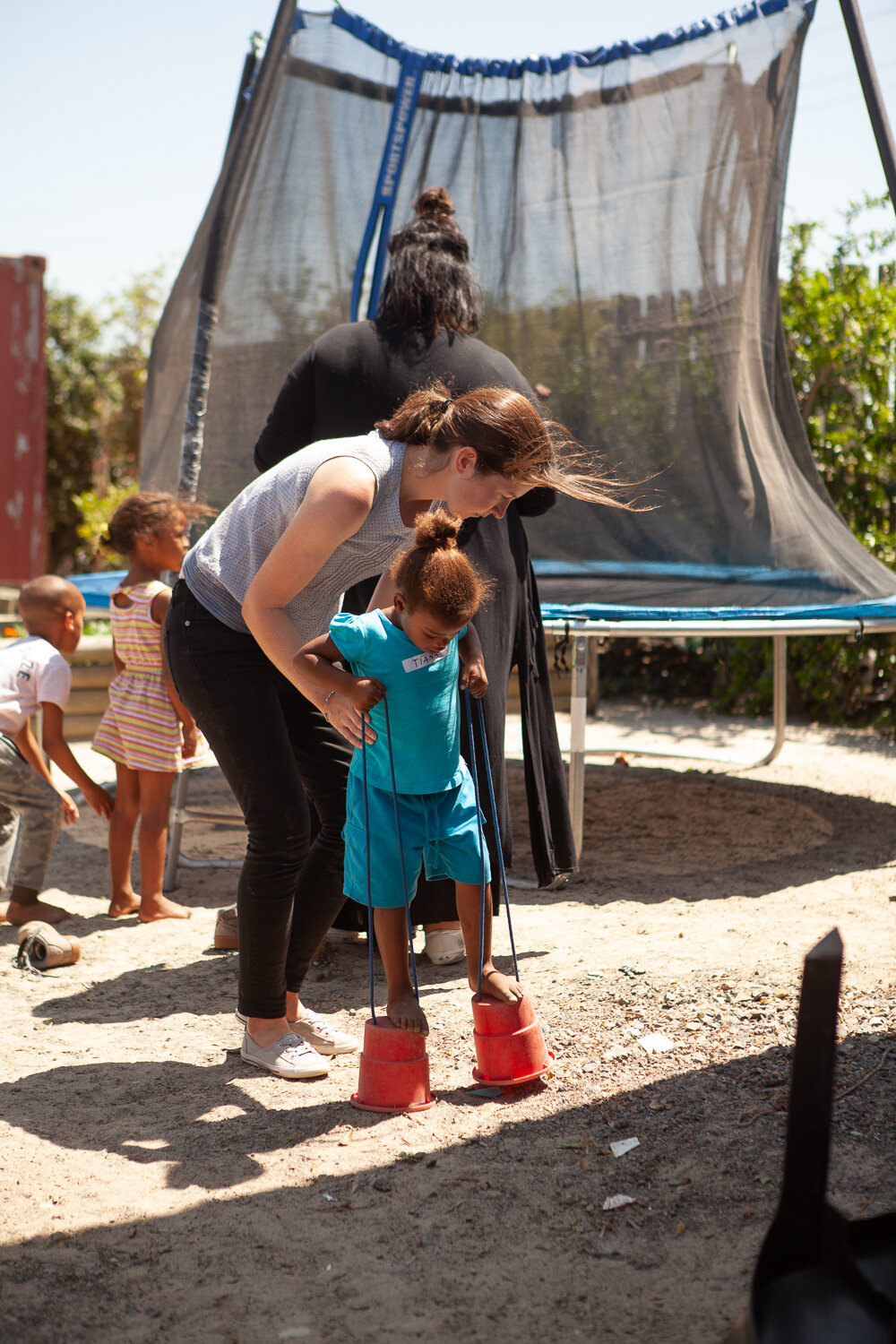






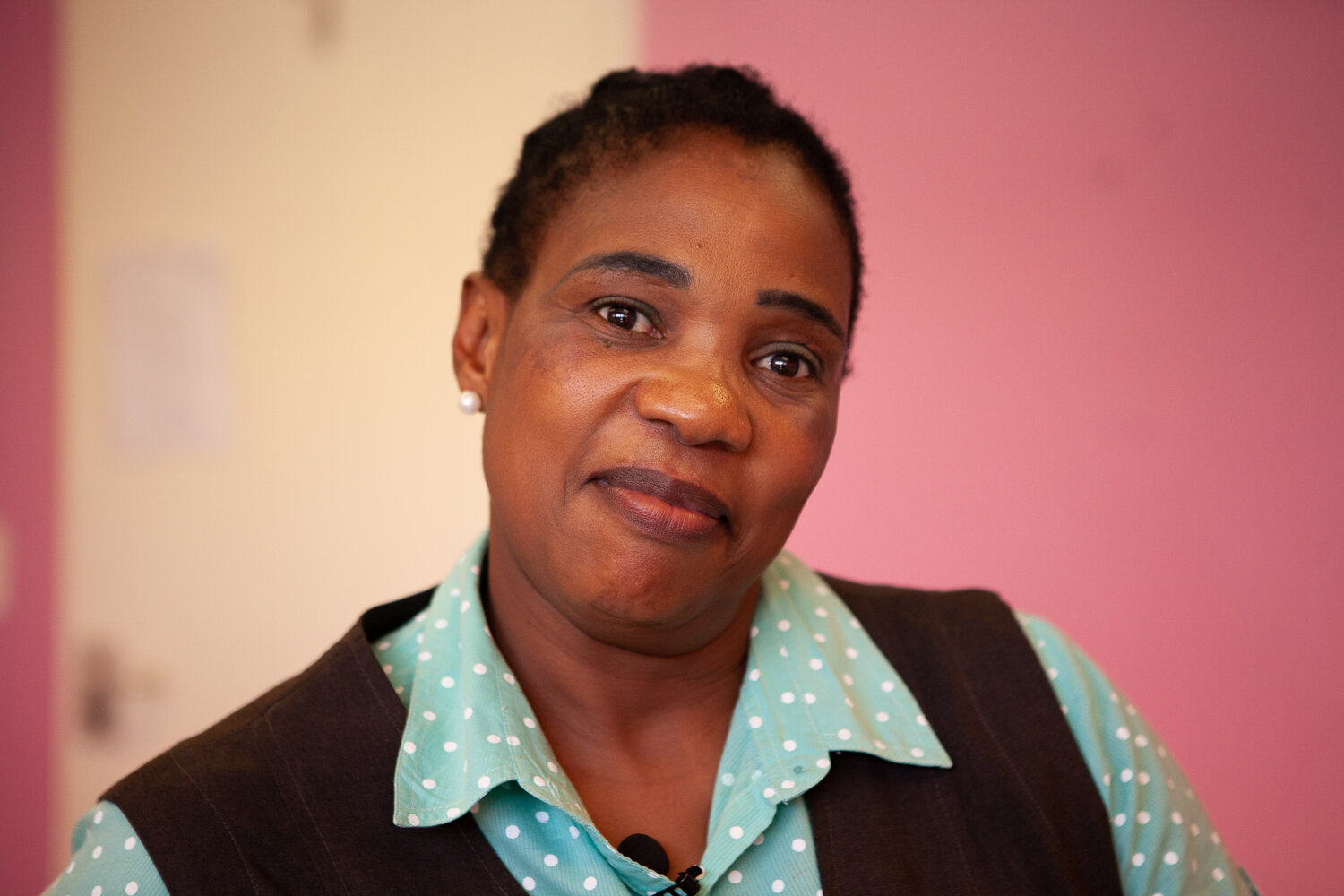

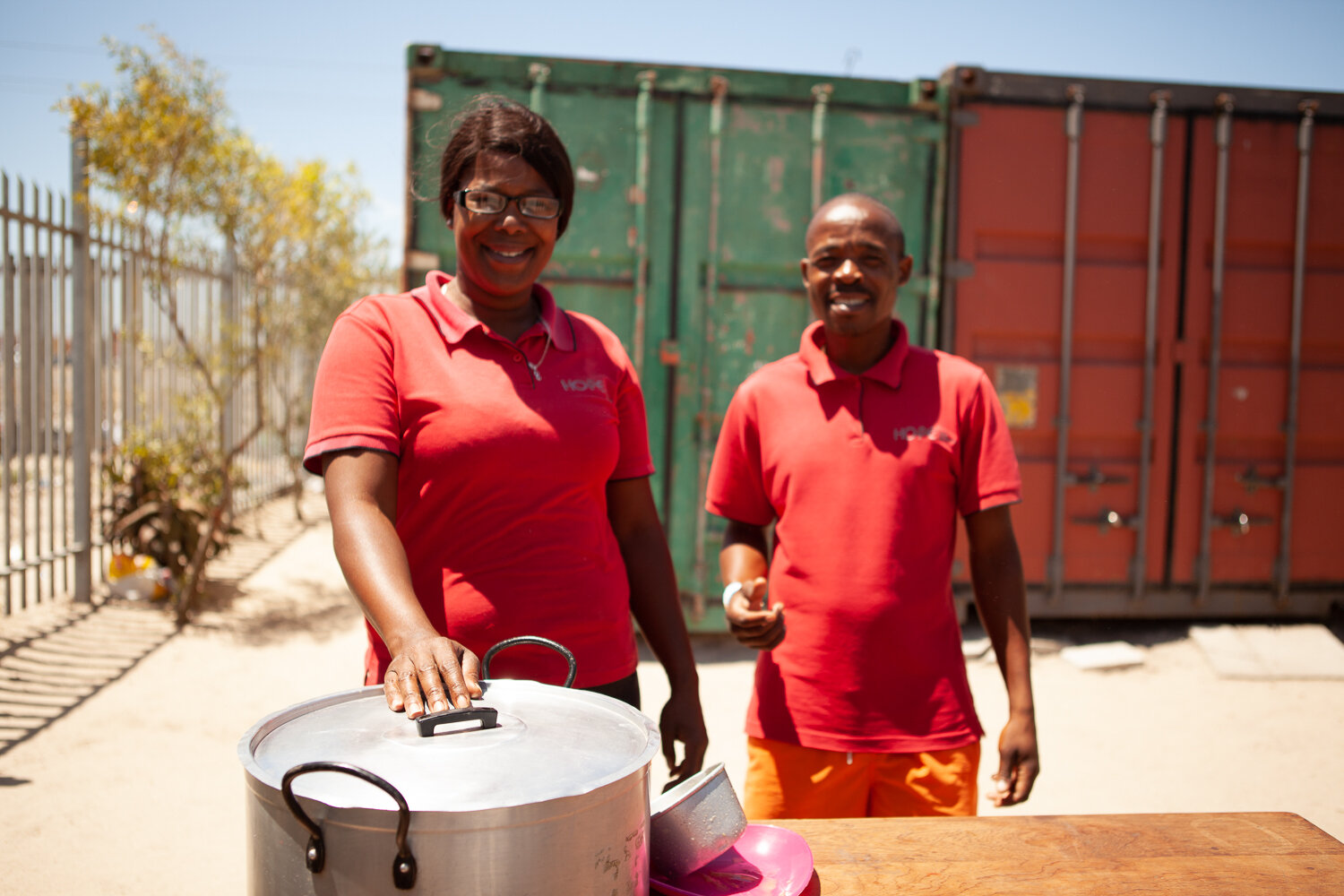
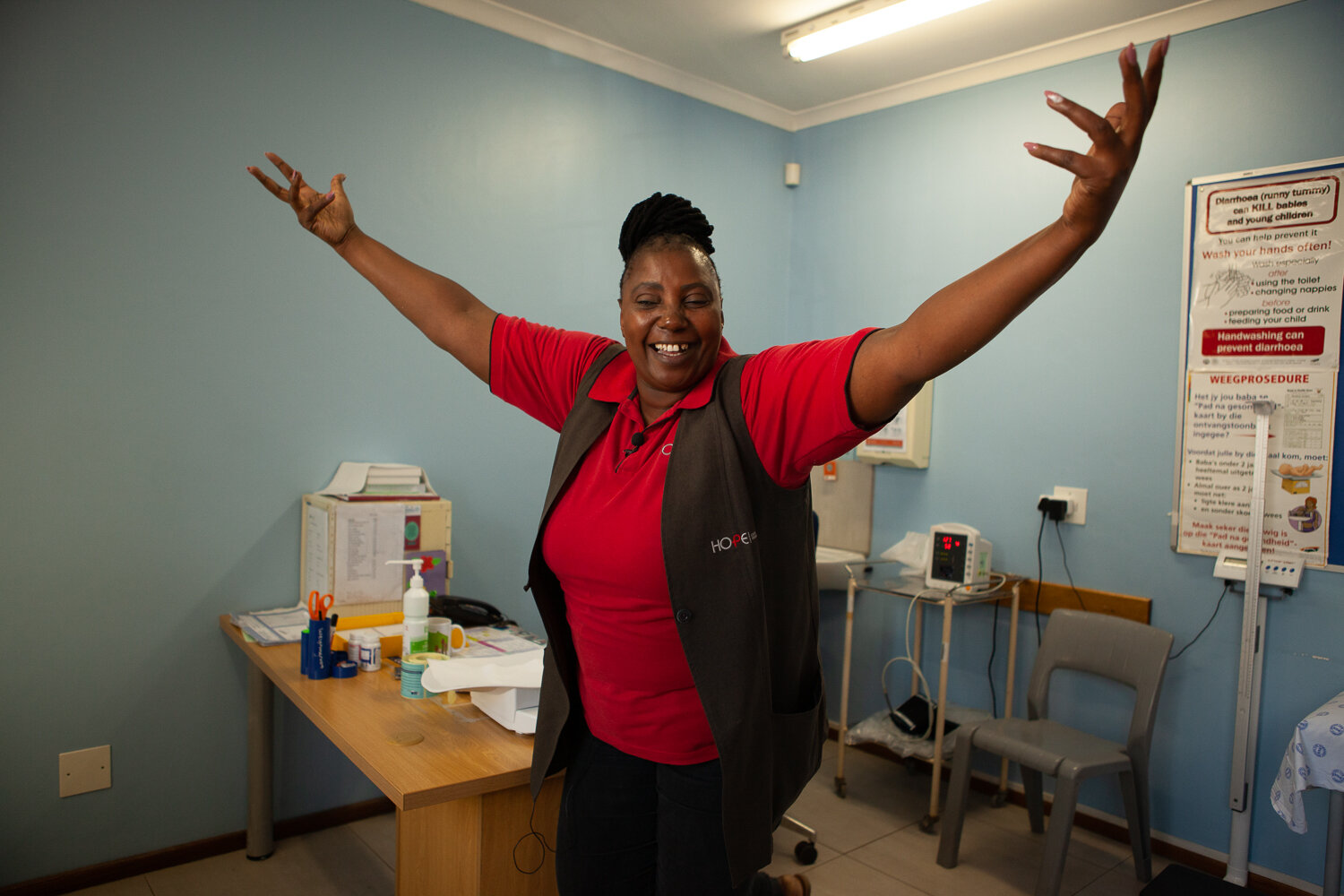


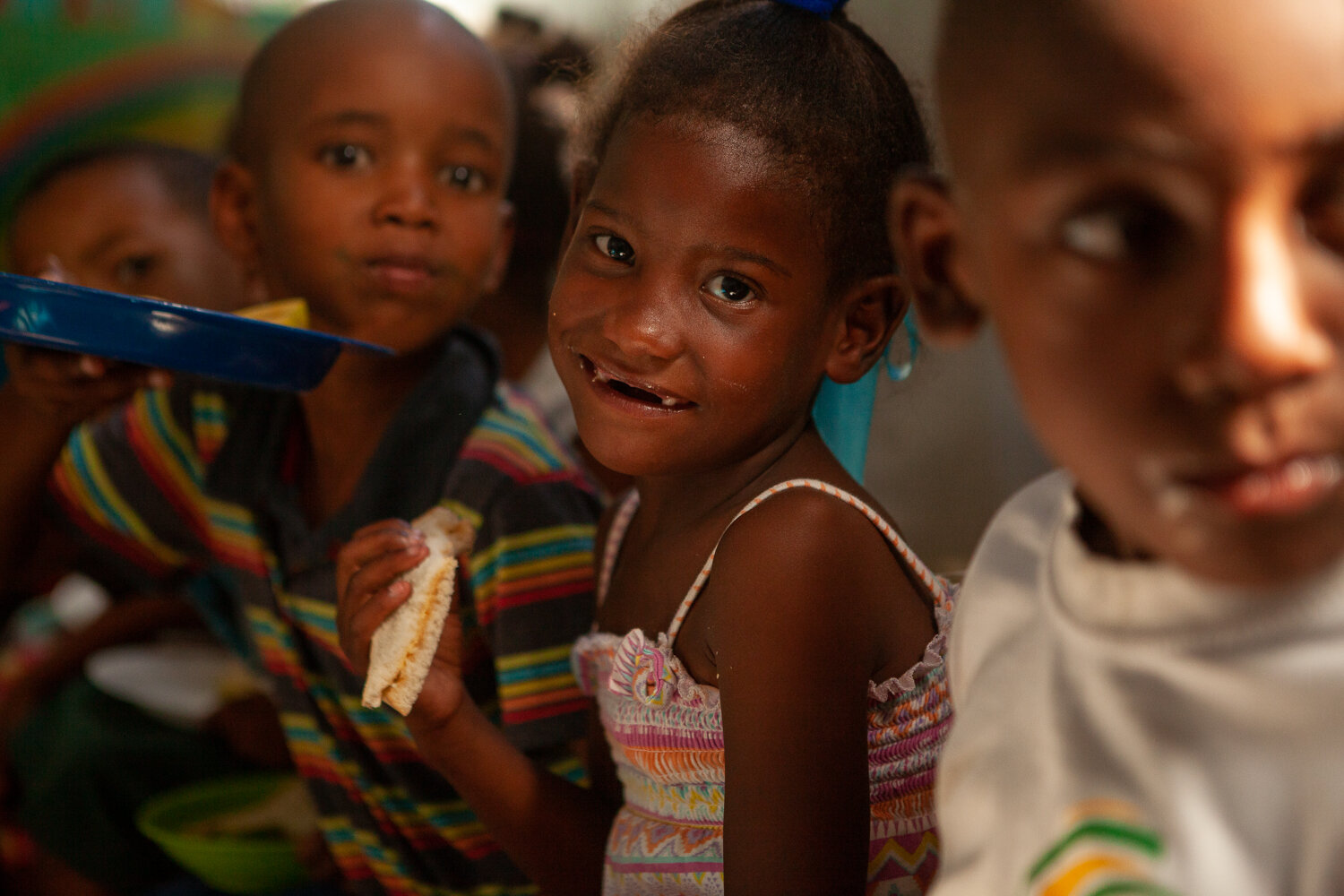

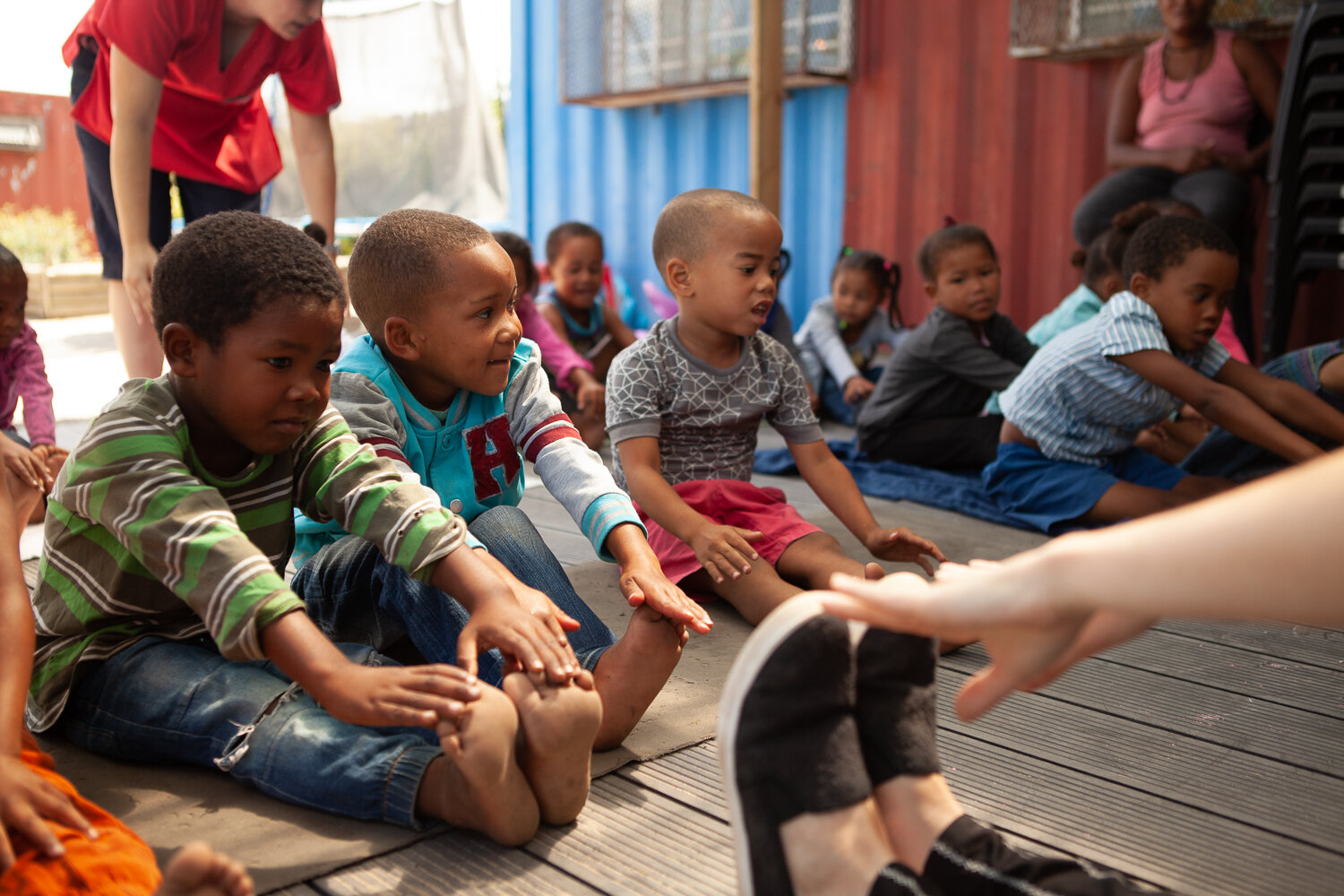





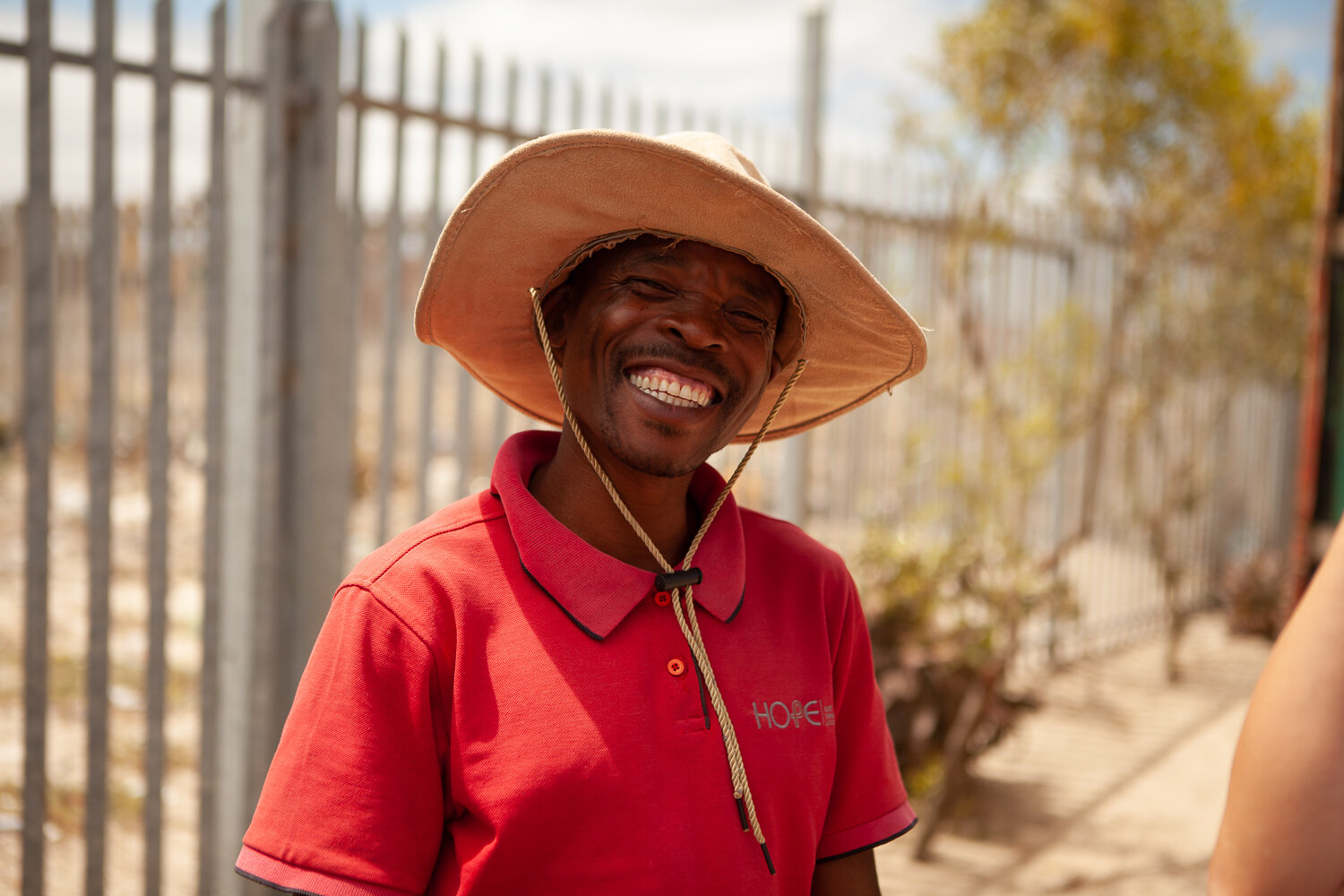
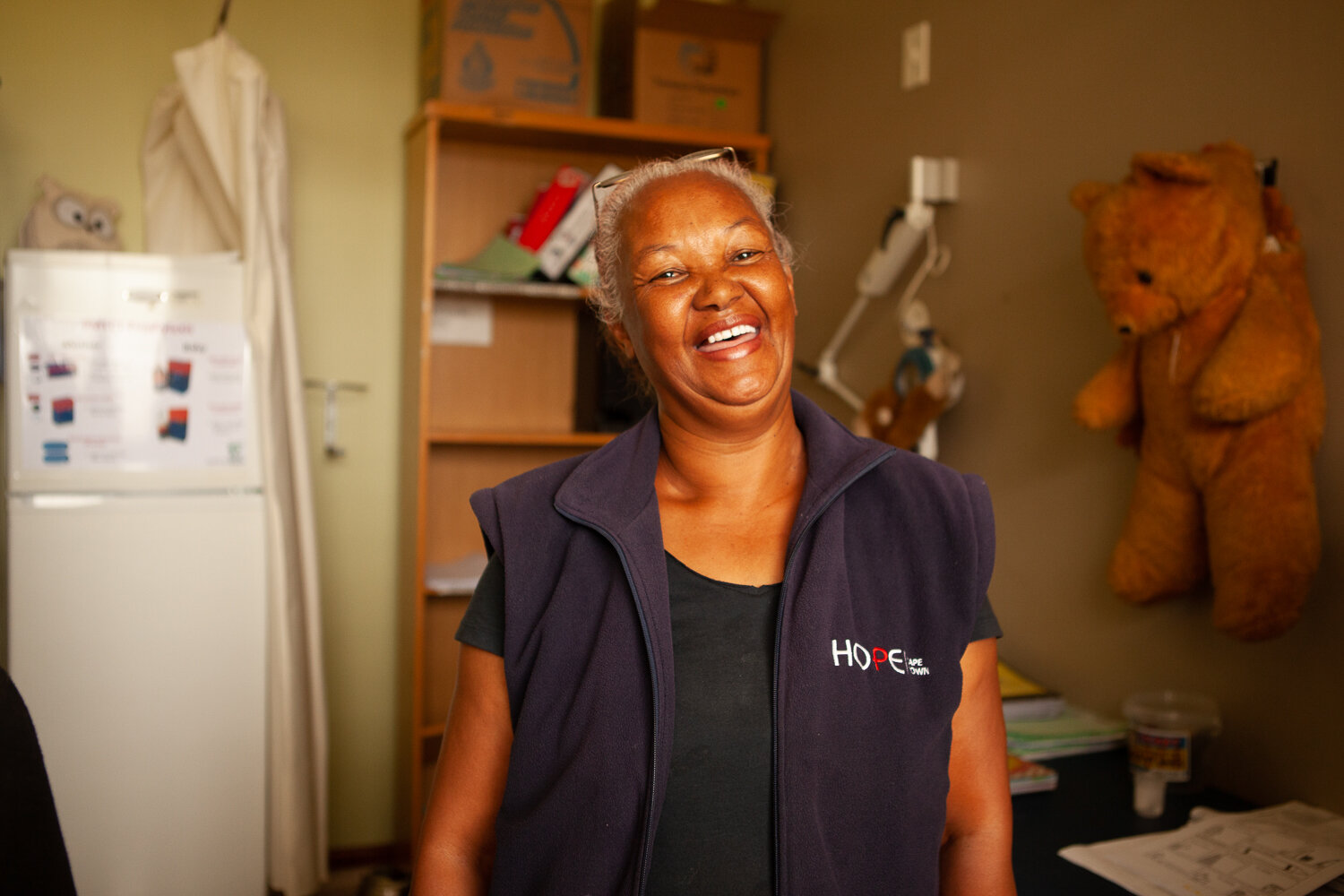

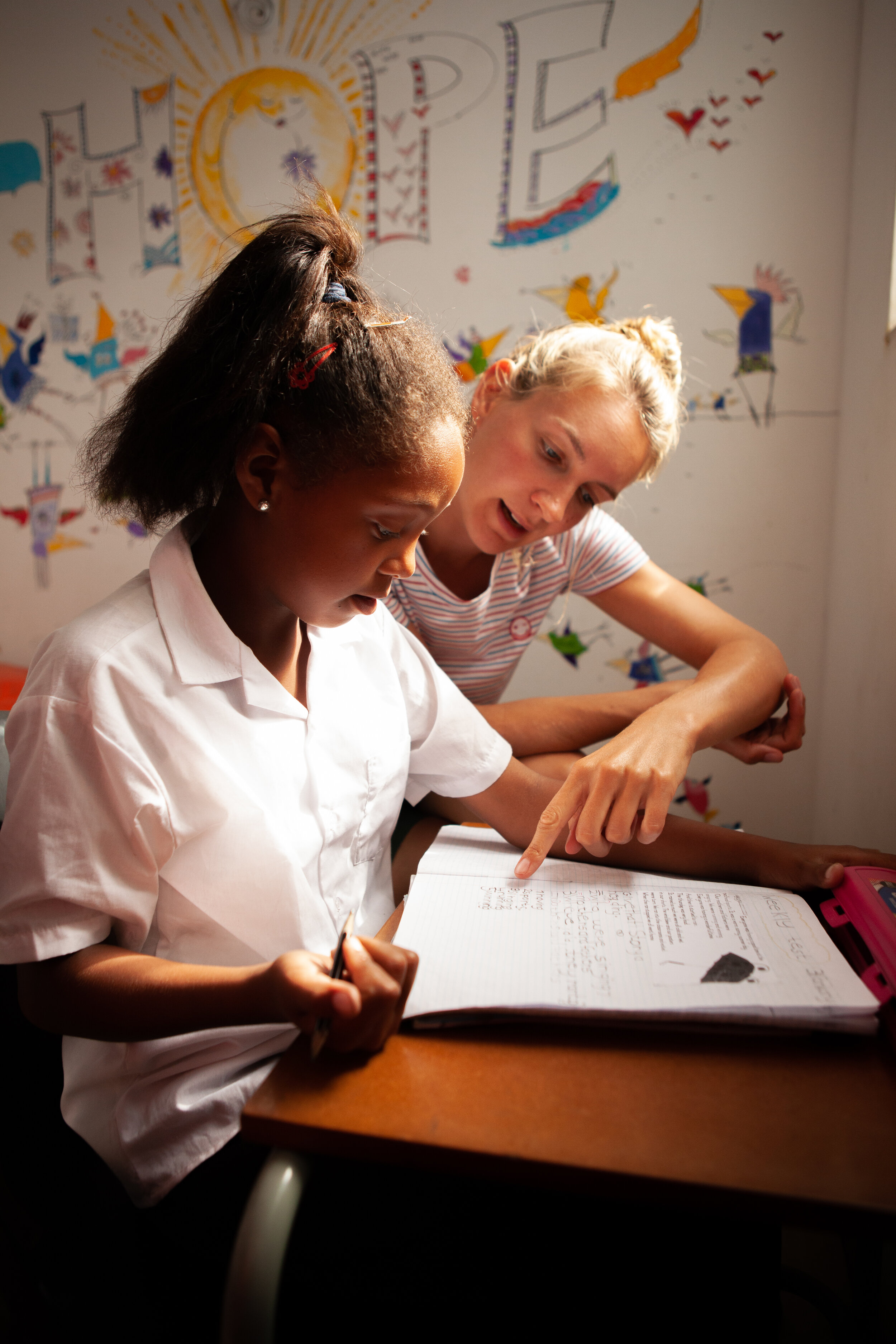

When I met Lisa, she told me about her film project about her journey in Cape Town and she was working on for her German TV channel RTL II. By coincidence I had the same camera with me as her film team in Germany, so it happened that I got the job to film her story-parts in Cape Town. This is one of the two edits she created back in Germany with her editor:
»people think there’s no hope - because they dont have a birth certificate or an id. that means no work, no school education for the children.«
WORDS that last
»if i’m not here, people are crying, looking for “the angel of hope”. i’m the only one who can calm them down.«
Angela, HOPE community health worker
»i do my best every day. telling them, we are HIv positive - we are in this thing together.«
Ncebakaxi, HOPE community health worker
»yes it’s hard, very hard sometimes. but i enjoy everything about this work.«
Liezel, HOPE community health worker
»people here are exposed to serious poverty, crime, drugs. parents don’t care much about their kids. we bring back hope to them.«
Patrick, HOPE security and gardener
Behind the Scenes
